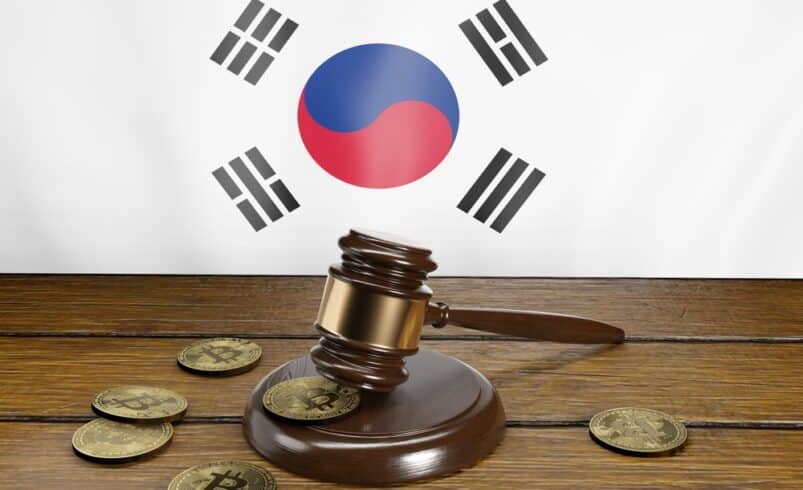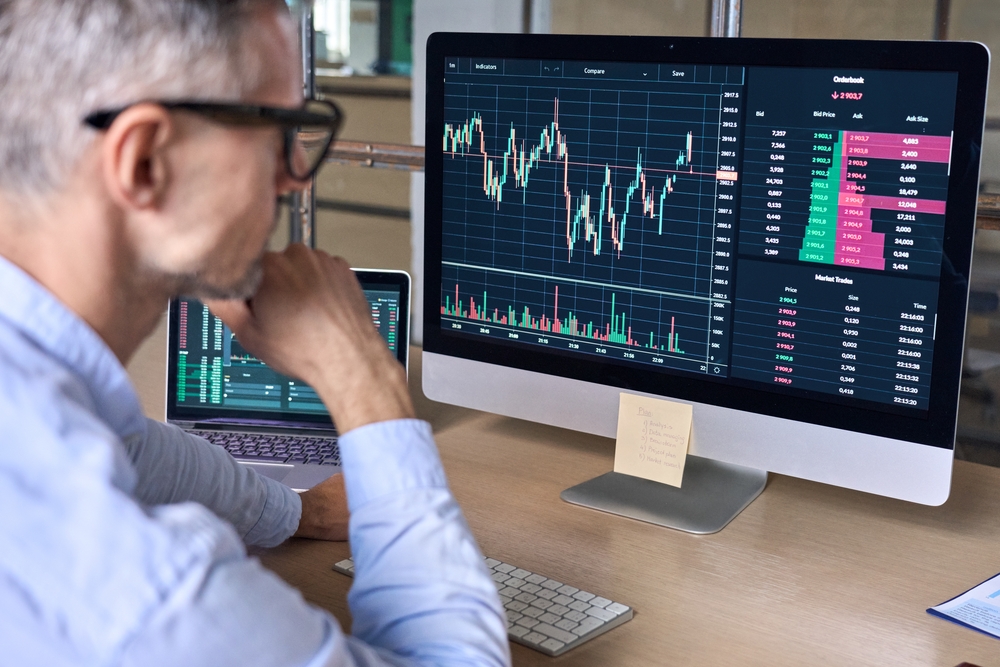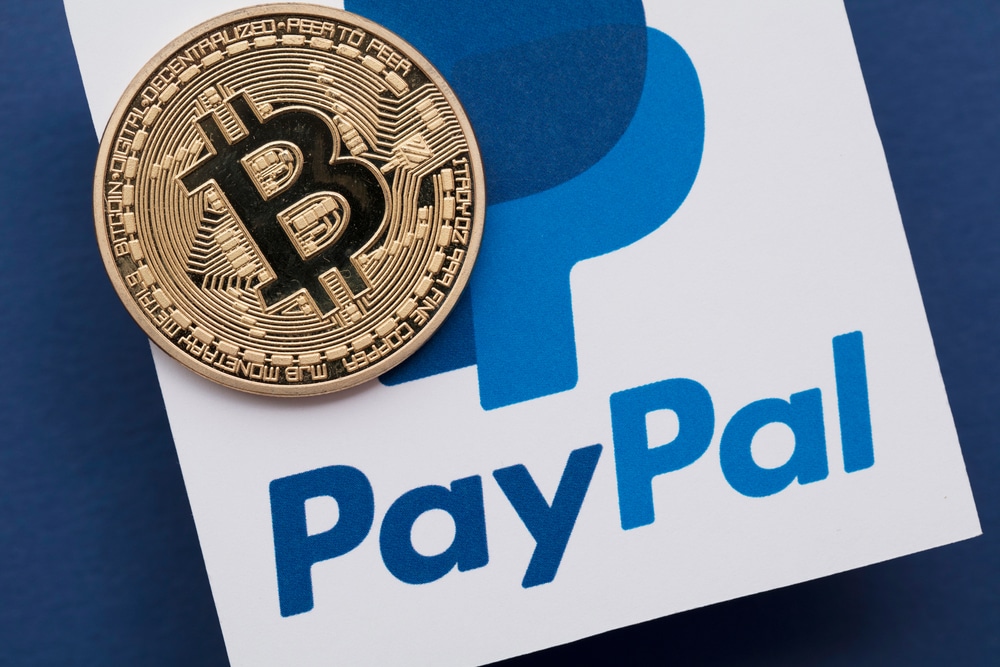South Korea’s New Crypto Investor Protection Law to Bolster Existing Rules

South Korea’s crypto regulatory framework takes effect with a primary focus on guaranteeing investor protection.
South Korea ushers the Virtual Asset User Protect Act as the inaugural law into force to introduce an inaugural framework to safeguard crypto investors. The law attempts to close the regulatory shortcomings spotlighted by the Financial Services Commission (FSC).
The Virtual Asset User Protection Act aims to eliminate unfair trading practices behind the unprecedented incidents of the FTX implosion and Terra-Luna Crash in 2022. The law implementation comes after the recent initiatives undertaken by the crypto exchanges to avert mass delistings before South Korea’s new regulatory measures.
South Korea Implements Crypto Investor Law
In a press release, South Korea’s regulator revealed that FSC anticipates implementing the Virtual Asset USer Protection Act, facilitating a solid foundation for safe user protection.
The regulator admitted that imposing severe penalties against actors behind unfair trading activities is now possible. Additionally, the laws will help establish a sound order for South Korea’s virtual asset market to thrive.
South Korea’s Act, made public alongside the FSC’s official statement, considers digital assets as all electronic tokens harboring economic value that are tradable and electronically transferable. While the Act includes crypto in general, it excludes the central bank digital currencies (CBDC) and non-fungible tokens (NFTs).
The new law mandates all crypto exchange operators to deposit clients’ funds in financial institutions. Mandatory bank deposits are heralded to safeguard investors in the unfortunate bankruptcy incident. The law directs exchanges to pay interest earned on the deposits in an offer range of 1%- 1.5%.
The new law directs all exchanges operating in South Korea to store a portion of the users’ virtual assets within the cold wallets. Doing so will protect such crypto assets against hacks and system failures. Moreover, the operators must secure insurance and set aside reserves to settle potential losses.
The law devotes itself to weeding out unfair trading practices by obligating crypto exchanges to monitor and report incidents involving abnormal transactions continually. The provisions task the operators to monitor for unusual price movements and trading volumes to enhance market integrity and investor protection.
The crypto investor protection law becomes effective weeks after the crypto exchanges that run operations under the Digital Asset Exchange Alliance (DAXA) unveiled guidelines in early July to prevent mass crypto delistings.
The guidelines standardize the criterion for terminating the crypto asset trading. DAXA issued a six-month window to review the 1,333 existing cryptos to ensure compliance. Also, they aim to bolster transparency and lower the risk of removing digital assets.
Tighter Control on Crypto Trading and Treatment
The law aligns with South Korea’s objective of regulating the crypto industry through attempts to tighten controls on crypto treatment and trading. The revised regulations that became effective in March 2021 prompted compliance from 60 marketplaces. The platforms must register with the Financial Intelligence Unit (FIU) as the agency overseeing anti-money laundering and counter-terrorism.
The mandate to register also necessitates partnering with the banks to ensure real-name accounts. The journey to regulate crypto dates back to March 5, 2020, when South Korea revised the Act on the Reporting and Use of Specific Financial Transaction Information.
The amendment targeted expanding the scope to feature virtual asset service providers (VASPs). The revised regulations mandate VASPs to register authorized bank accounts and secure an Information Security Management System (ISMS) certificate. Also, the amendment requires the submission of the company and account details to the FIU.
South Korea is deploying a stringent regulatory approach geared towards protecting crypto investors. Such is evident in mandating that the VASPs comply with the anti-money laundering (AML) and Know-your-customer (KYC) procedures.
The latest law offers crypto-specific scope, though it is not the initial attempt to apply rules to crypto firms. The FSC had, in 2020, rolled out the Specific Financial Information Act. The unveiling of the new regulations prompted OKX, a leading Asian-based company formally identified as OKEx, to exit rather than pursue compliance with the VASP registration requirements.
DISCLAIMER: It's essential to understand that the content on this page is not meant to serve as, nor should it be construed as, advice in legal, tax, investment, financial, or any other professional context. You should only invest an amount that you are prepared to lose, and it's advisable to consult with an independent financial expert if you're uncertain. For additional details, please review the terms of service, as well as the help and support sections offered by the provider or promoter. While our website strives for precise and impartial journalism, please be aware that market conditions can shift unexpectedly and some (not all) of the posts on this website are paid or sponsored posts.









